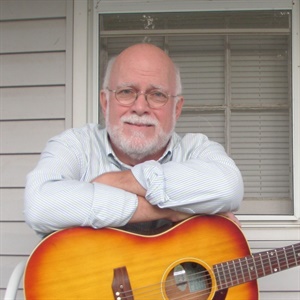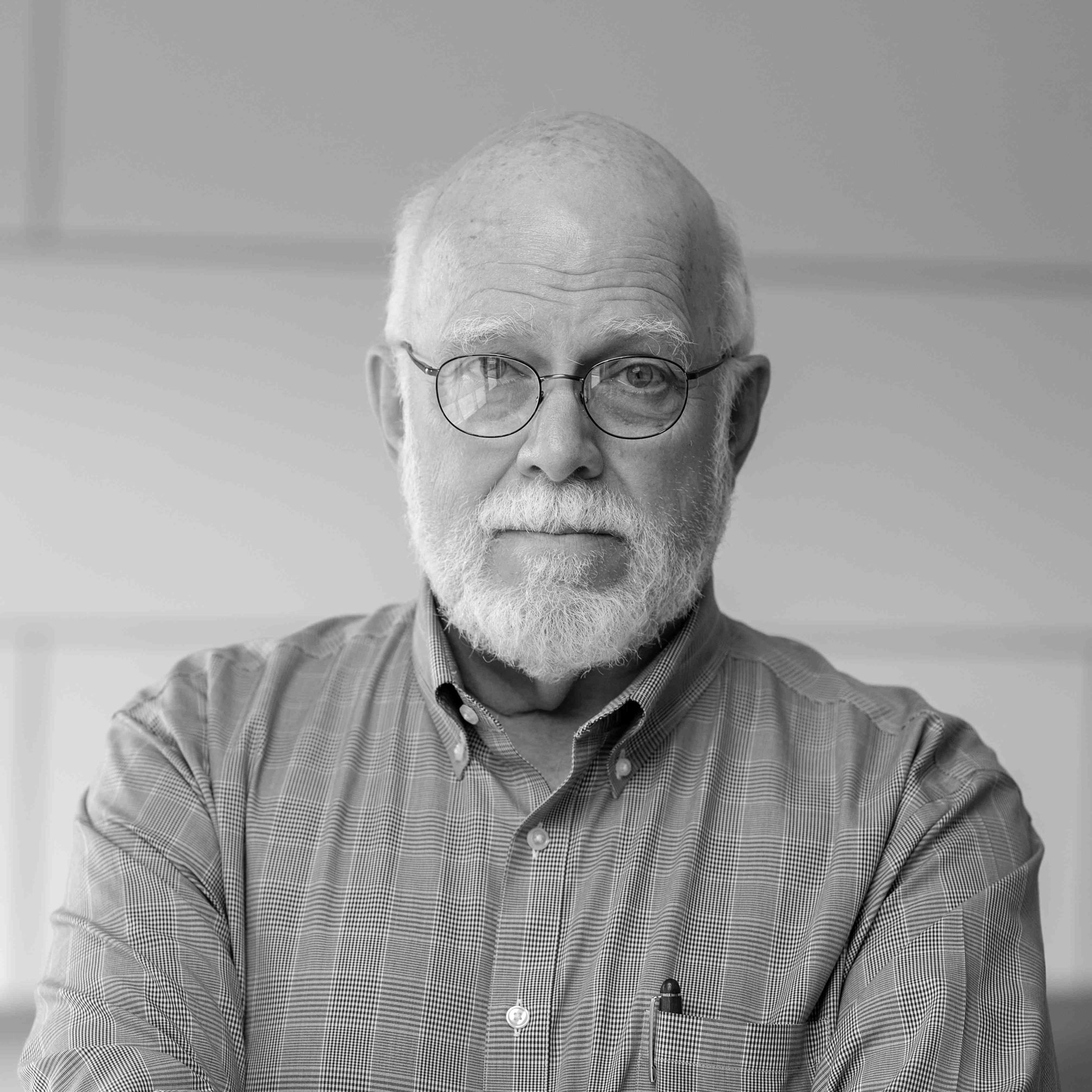Last week, “a small still voice” emailed me, reminding me of a promise made with all good intentions. The message was from our agency’s intrepid and persistent Public Information Officer, who reminded me that “Here’s the first draft of the quarterly newsletter. The only thing needing to be updated is your letter to the director.”
Letter to the director?
Hmm.
A subsequent note suggested that I might think of this as a note from an earlier edition of myself to the “me” that has racked up a few miles on my odometer, or a note from this end to my younger self, forty-something years ago, shooting microfilm in my first history-related job. I think that she may have been trying to make lemonade out of a typo, but it was a good joke, and an idea to boot…always welcome when one is facing a lack of inspiration AND a deadline. So, I played around with it, put it down, then started thinking about what I would tell the earlier me—and what I think he would tell me.
In either direction, the main message would be simple: Remember.
For many people, there’s a particular time of year for remembering, particularly remembering other people: the month of November. This may be a consequence of the old ecclesiastical calendar. After All Hallows’ Eve, the last day of October, came All Saints’ Day, followed by All Souls’ Day, a more general day of remembrance. In my church, the first Sunday of November is the observed feast of All Saints. During the service, the necrology, or roster of those who have died in the year past, is read; this practice reminds me of a quote from that eminent novelist and moral philosopher, the late (or maybe not) Sir Terry Pratchett: “A man’s not dead while his name is spoken.”
Historians, though, do not have the luxury of holding a month sacred for remembrance; we see, we preserve, we study, sort, write and tell—all the year around. Each month, each day, each hour is the occasion to tell those stories, do that digging, speak those names; if we do our work well enough, we may hope that someone will one day speak ours.
Let me speak a few names and remember.
Last June I learned of the death, on June 7, of Robert M. Utley, a revered and respected National Park Service historian, a founder and past president of the Western History Association. He wrote over 20 books, numerous articles, reviews and NPS studies and reports. His love of history was sparked, he said, "by Errol Flynn in the movie 'They Died with Their Boots On.' This at the age of 12.” What came from that fascination—which lasted all his long life—was a career in the National Park Service, where he helped develop and then implement the National Historic Preservation Act of 1966. He also pursued a parallel career as an author whose books found both academic respect and popular readership.
I did not know Robert Utley, although I met him as a graduate student at several conferences; he was a model public historian and inspired me, and many others, to think we might make a living in history! Some of us did. And, I recently have learned, he started in life out close to where I have ended up: this prolific historiographer of the great dry open spaces beyond the 100th meridian was born on October 31, 1929, in…Bauxite, Arkansas. His obituary notes that he was reared in Pennsylvania and Indiana but if we can claim Douglas MacArthur as a native son, we can extend the same honor to Robert Utley.
***
I learned from the Arkansas History Listserv of the death of Dr. Sondra Gordy in mid-September. She was born in Pine Bluff, attended Arkansas State Teachers’ College (now UCA), then the University of Arkansas and UALR. She spent her teaching career at UCA in Conway, where she taught, according to her obituary, for 36 years. She won teaching awards and the Violet B. Gingles award from the Arkansas Historical Association. Her interest in the history of civil rights in Arkansas led to her Finding the Lost Year (University of Arkansas Press, 2008), about the school year of 1958-59, and the consequences for students and teachers alike of that year’s forced closure of the Little Rock public schools. I first met Sondra while she was preparing that book, and later, when she was seeking images for the documentary on the same subject, "The Lost Year." From the get-go I liked her sense of humor, coupled with a genuine understanding of why it was important to uncover and retell such stories. She ‘got” history teaching in a way that few do, and I wish that I had found more opportunities to learn from her.
***
Early in my time at the State Capitol, I met Dr. Carey Wynne II of Pine Bluff. Dr. Wynne, a member and co-chair of the Martin Luther King Commission, had loaned busts of “the Class of ’73,” the first African Americans to serve in the Arkansas Legislature since 1893 to the Capitol for display. As a newcomer to Arkansas, I did not recognize the significance of those four men—Henry Wilkins III, Dr. William Townsend, Richard Mays and Dr. Jerry Jewell—who took their places in the Capitol in 1973. Dr. Wynne helped jump-start my education; when it was time for the busts to be retired, he made sure that these names would still be invoked in the Capitol’s displays. He pulled me along to Martin Luther King Day observances at Philander Smith College and to Little Rock’s “Marade,” and made a point of calling me up a couple of times each year to make sure that I was doing my best to tell out Arkansas’s diverse stories in the Capitol’s exhibits.
Over time the calls lessened, then stopped; I learned last summer this summer that Dr. Wynne died in late November of 2021. He was a theologian, not an historian, but through his discourse ran a deep concern for an understanding of history and the consequences of past events being passed down to future generations. When I first met Dr. Wynne, I did not know that I would stay in Arkansas for more than a year or two, but he told me that he knew I would stay longer than I expected. In this, as in other things, I learned how right he was.
***
One final name bears repeating: Arkansas lawyer, author and historian Griffin “Grif” Stockley, who died on January 4 of this year. Even before I came to Arkansas, I knew of Stockley through reading his legal thrillers of the 1990s but his 2001 Blood in Their Eyes: The Elaine Race Massacres of 1919, was something else: it hurt, it saddened me, and it made me want to know more about my adopted state. A revised edition appeared in 2020, incorporating the results of additional research into this bloody, long-suppressed episode by Dr. Brian Mitchell (then of UALR, now Historian of the Abraham Lincoln Presidential Library) and Dr. Guy Lancaster, editor of the Encyclopedia of Arkansas. Eloquent tributes to Stockley and the value of his scholarship born of conscience, written by Lancaster, Mitchell and others who knew him well, made me regret that I had not enjoyed more than a passing acquaintance with him. I have the historian’s consolation, however: through his books I came to know something of him, and so long as those books are read and discussed, his name will be spoken.

